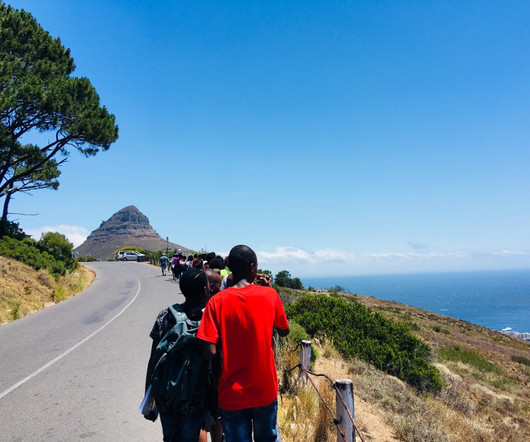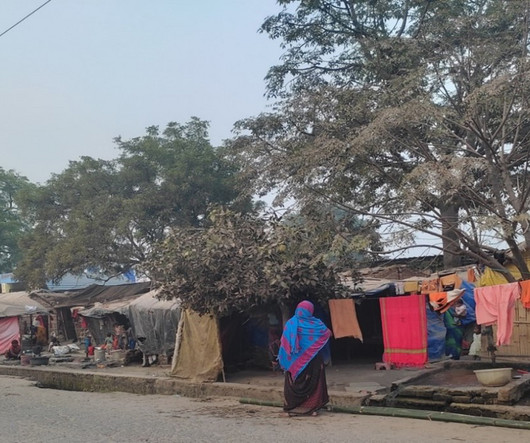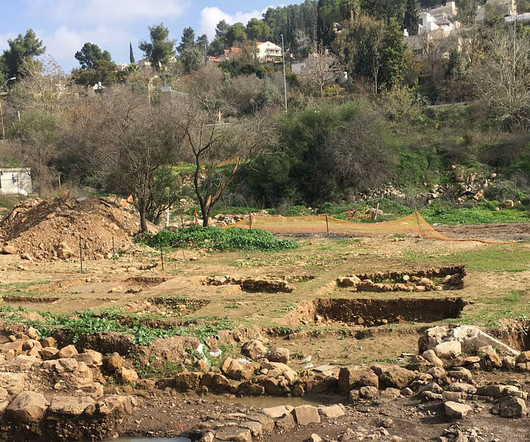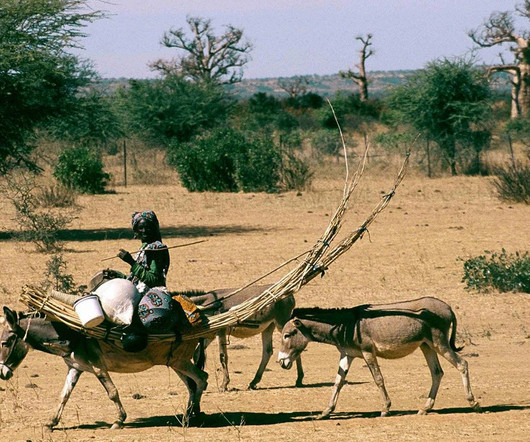The Mythological Tapestry of Humanity: Unraveling Ancient Stories through Genes and Geography
Anthropology.net
JANUARY 27, 2025
Through statistical comparisons of genetic distances, geographic relationships, and the distribution of mythological motifs, the study reveals that both population movements and cultural diffusion have shaped the stories we tell today. The models tested also oversimplify the complexity of cultural transmission.

























Let's personalize your content